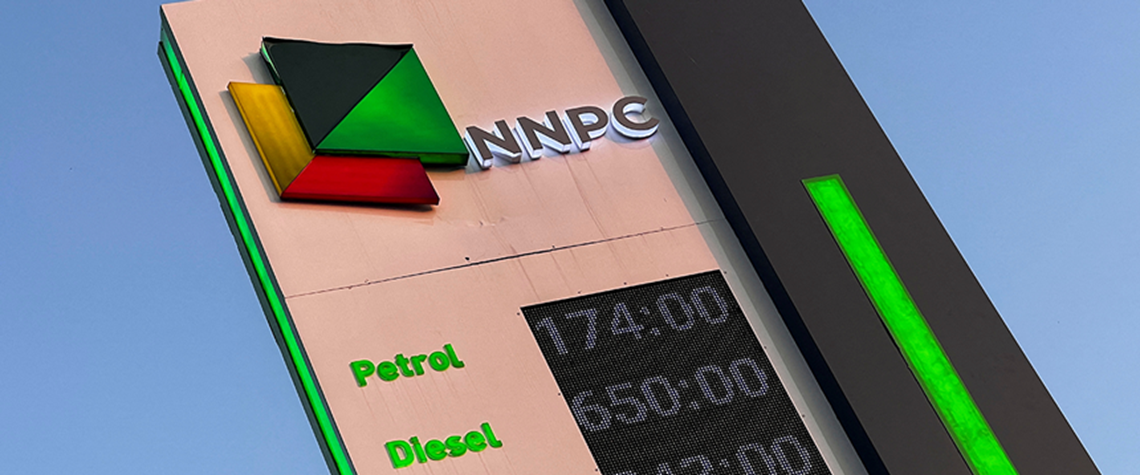Subsidies push Nigeria to the brink
Controversial payments have turned high oil prices into a curse
Nigeria’s status as a major oil producer means it should be enjoying a boom. Instead, 2022 has turned into a year of economic crisis. GDP growth is lagging the African average, inflation has soared to the highest level in 17 years and state-owned NNPC has not contributed a single naira to the government’s coffers. This paradoxical situation for a significant producer and exporter of oil stems from the fact that Nigeria has almost no domestic refining capacity. Imports of refined petroleum products are subsidised via NNPC—meaning consumers pay less than half the price they would be charged if subsidies were removed. The massive cost of subsidising fuel imports comes at a time when oil product

Also in this section
26 July 2024
Oil majors play it safe amid unfavourable terms in latest oil and gas licensing bid rounds allowing Chinese low-ball moves
25 July 2024
Despite huge efforts by India’s government to accelerate crude production, India’s dependency shows no sign of easing
24 July 2024
Diesel and jet fuel supplies face a timebomb in just four years, and even gasoline may not be immune
23 July 2024
Rosneft’s Arctic megaproject is happening despite sanctions, a lack of foreign investment and OPEC+ restrictions. But it will take a long time for its colossal potential to be realised







